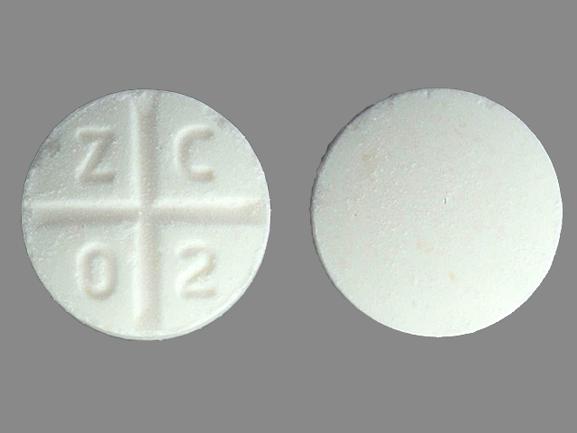Promethazine and Alcohol/Food Interactions
There are 2 alcohol/food/lifestyle interactions with promethazine.
Promethazine Alcohol (Ethanol)
Moderate Drug Interaction
Ask your doctor before using promethazine together with ethanol (alcohol). This can cause uncontrollable movements, agitation, seizures, severe dizziness or fainting, coma, very deep sleep, irregular heartbeats, and high or low body temperature. Use caution when driving, operating machinery, or performing other hazardous activities, these medicaions may cause dizziness or drowsiness. If you experience dizziness or drowsiness, avoid these activities. It is important to tell your doctor about all other medications you use, including vitamins and herbs. Do not stop using any medications without first talking to your doctor.
Switch to professional interaction data
Promethazine High Blood Pressure (Hypertension)
Major Potential Hazard, Moderate plausibility
phenothiazines - hypotension
Phenothiazines may cause hypotension. Patients with pheochromocytoma, cerebral vascular or renal insufficiency, cardiovascular disease, or a severe cardiac reserve deficiency (e.g., mitral insufficiency) may be more prone to hypotensive reactions. Close monitoring is recommended during treatment if used in at-risk patients; some products may be contraindicated (e.g., thioridazine). Large doses and parenteral administration should be used cautiously, or avoided, in patients with impaired cardiovascular systems.
Switch to professional interaction data
Promethazine drug interactions
There are 688 drug interactions with promethazine.
Promethazine disease interactions
There are 13 disease interactions with promethazine which include:
- acute alcohol intoxication
- CNS depression
- hematologic toxicity
- hypotension
- liver disease
- antidopaminergic effects 1
- asthma
- anticholinergic effects
- asthma/COPD
- breast cancer
- NMS
- seizure disorders
- antidopaminergic effects 2
More about promethazine
- promethazine consumer information
- Check interactions
- Compare alternatives
- Pricing & coupons
- Reviews (389)
- Drug images
- Latest FDA alerts (4)
- Side effects
- Dosage information
- Patient tips
- During pregnancy
- Support group
- Drug class: antihistamines
- Breastfeeding
Related treatment guides
Drug Interaction Classification
| Highly clinically significant. Avoid combinations; the risk of the interaction outweighs the benefit. | |
| Moderately clinically significant. Usually avoid combinations; use it only under special circumstances. | |
| Minimally clinically significant. Minimize risk; assess risk and consider an alternative drug, take steps to circumvent the interaction risk and/or institute a monitoring plan. | |
| No interaction information available. |
Further information
Always consult your healthcare provider to ensure the information displayed on this page applies to your personal circumstances.


